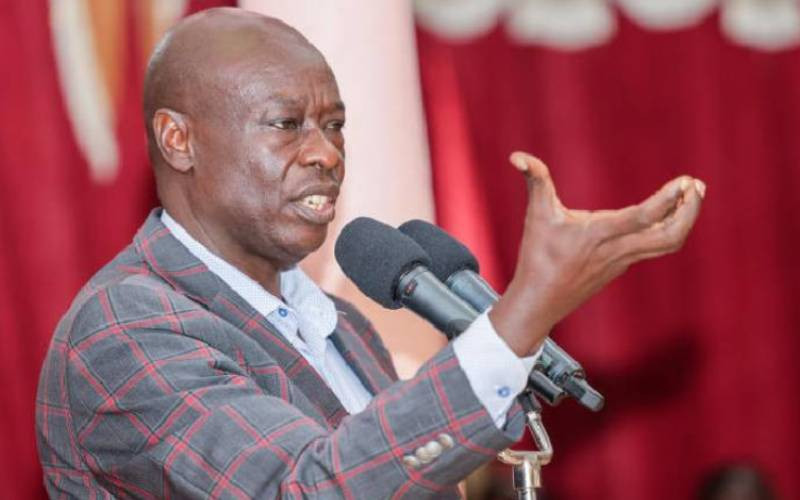The three topics up for discussion this week at the NATO summit are defense and deterrence, NATO partnerships with Asia-Pacific nations and support for Ukraine.
Of those, “the most urgent, the most critical task at this summit will be everything we will do and decide on Ukraine because this is really the time where we are tested if we want to stand up for democracy and freedom,” said NATO Secretary General Jens Stoltenberg at the summit today in Washington.
Stoltenberg said he expects NATO leaders this week to agree on a substantial aid package for Ukraine.
That package, he said, will include establishing a NATO command in Wiesbaden, Germany, to facilitate and ensure training and delivery of security assistance to Ukraine, he said.
That command, consisting of 700 NATO personnel, will take over much of what the U.S. has done, so far, in leading the coordination of security assistance and training, he said.
In addition to the command in Germany, there will also be logistical nodes in the eastern areas of NATO, he said.
Stoltenberg said other summit pledges include:
- Long-term support to Ukraine, which will send the message to Russian President Vladimir Putin that he cannot outwait continued allied support;
- Announcements for immediate military aid for Ukraine, including air defense systems and F-16 jets;
- Entering into 20 bilateral security agreements between NATO allies and Ukraine; and
- Improved military interoperability among NATO nations and Ukraine and a new joint training center in in Bydgoszcz, Poland.
Stoltenberg said these pledges will constitute a possible bridge to future NATO membership for Ukraine, adding that being a NATO member offers the best protection from Russian aggression.
The NATO leader also mentioned that China is providing parts for Russian weapons, such as microelectronics that are being used against Ukraine.
“I strongly believe that if China continues, they cannot have it both ways. They cannot believe that they can have a kind of normal relationship with NATO allies … and then continue to fuel the war in Europe that constitutes the biggest security challenge … since the Second World War,” he said.




















Discussion about this post